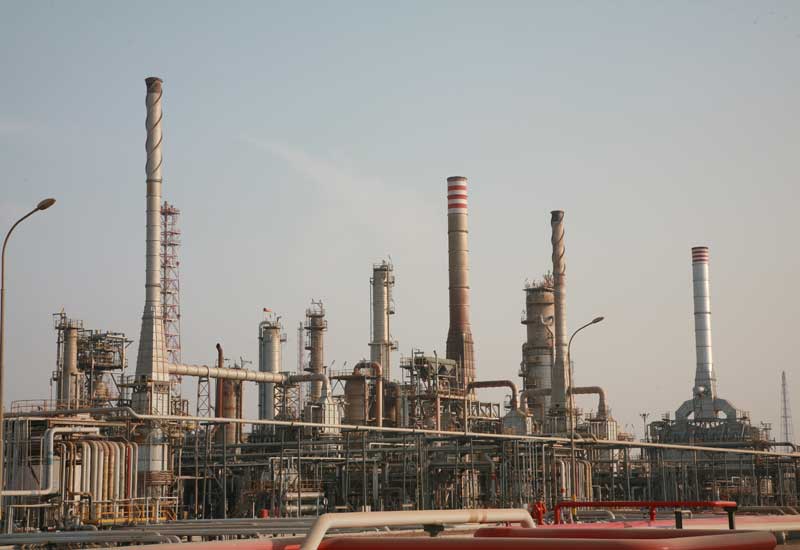Chronic energy shortages in Iraq and Pakistan are affecting the oil & gas industry.
Studies in Pakistan and Iraq show that chronic load shedding in Pakistan has an estimated economic impact of $24 billion loses in 2011 to 2012, this is approximately 7% of the total size of the economy, while figures from the Iraq government show that Iraq is losing $40 billion per year due to chronic electricity shortages.
A temporary power plant can ease the burden of the economic loses attracted by unscheduled downtime, by bridging the power gap to critical facilities in oil & gas.
During their peak supply, oil & gas companies usually increase their production capacity to cope up with the market demand. However, the power infrastructure of the facility may not be sufficient to supply electricity seasons, or supply may not be guaranteed in areas of unstable energy.
To combat this oil & gas companies can hire a temporary power plant to meet the electric power demand during this peak production period, also many need back up generators simply to reduce downtime occurances.
“Oil & gas companies will typically insist that a backup generator is available with an ATS [automatic transfer switch] available which switches the load across onto the second generator straight away, in case of failure.
Very often they are running generators in sync, which then gives them the opportunity for some load saving and energy saving because what they are doing is, at the times when they need max power they have it available, but if the generators are synched, as the power demand declines they are able to go down in capacity to lower fuel and power consumption,” says Patrick Fallon, chief operating officer,



